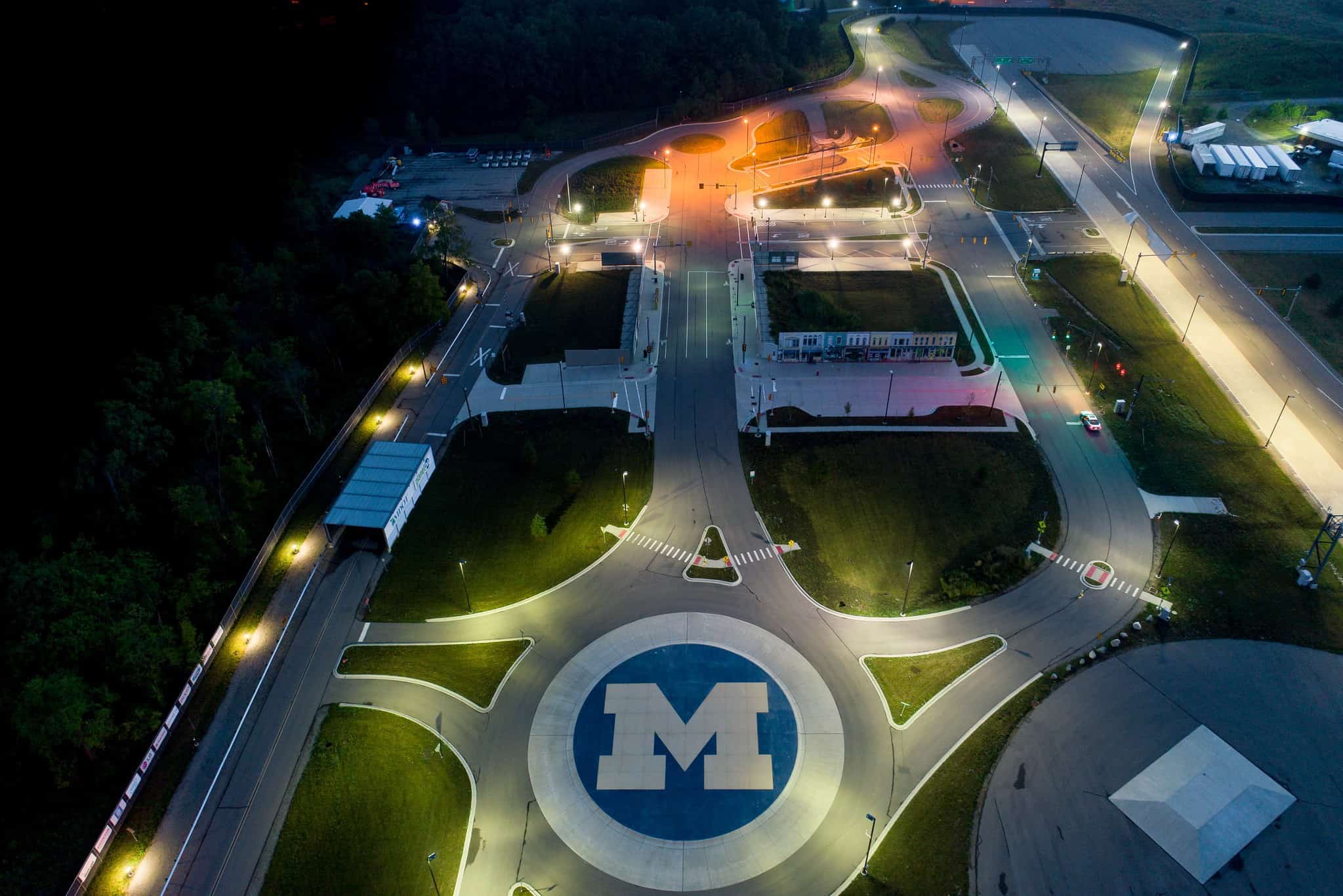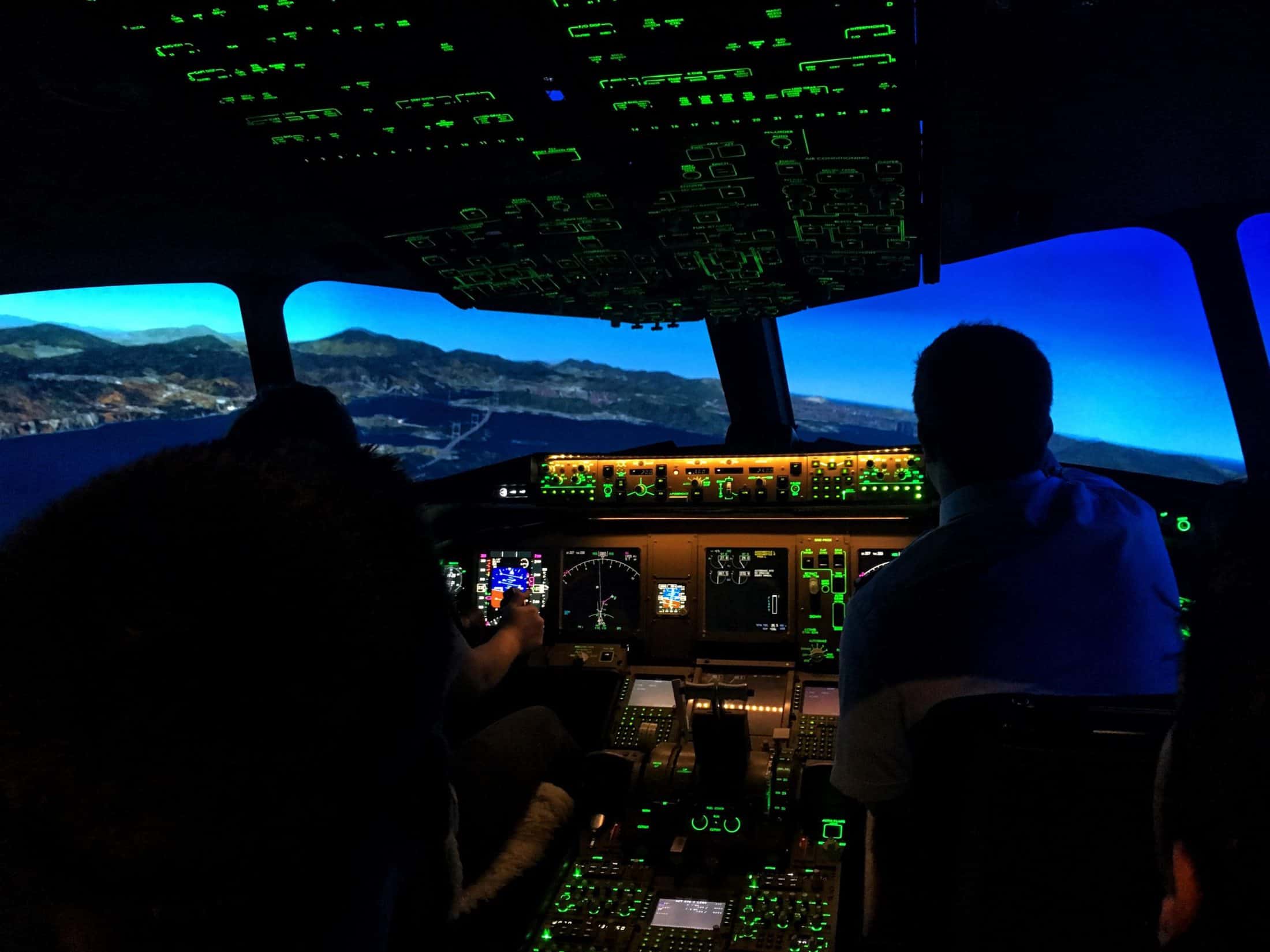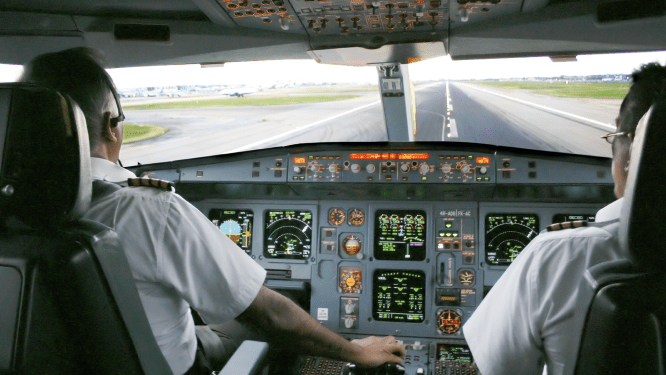
Mobility and Transportation Networks
Mobility and transportation systems research uses data-driven analytics, human-centered design principles, computer simulation models, and experimental studies to design and utilize advanced automation technologies. These include autonomous cars, commercial and unmanned aerial vehicles, and wearable devices like exoskeletons. This research seeks to support all members of society by improving mobility and transportation from the individual scale to global networks.
This area includes:
Human Interaction and Decision Making: Increasing user trust and safety and enhancing interactions with highly automated and autonomous ground-based, airborne, and space vehicles, by understanding user behavior and decision making.
Enabling and Enhancing Mobility: Designing and integrating new technologies such as exoskeletons, and other robotic devices, to enhance human performance and increase public access for mobility-impaired and vision-impaired people.
Transportation Networks: Optimizing transportation networks for the public and businesses by integrating new modes of transportation and optimizing decision making to reduce traffic congestion and create more accessible services.
RELATED NEWS
-

Center for Ergonomics receives $1.1 million grant to study information automation vulnerabilities on modern flight decks
The Federal Aviation Administration has awarded Nadine Sarter and her Human-Automation Interaction and Cognition (THInC) Lab in the UM Center for Ergonomics a three-year, grant to study information management on the flight deck of highly automated aircraft.
-

Kati Moug receives 2021 Generation Google Scholarship
U-M IOE PhD student, Kati Moug, has received a 2021 Generation Google Scholarship in recognition of academic performance, leadership, and a commitment to diversity, equity and inclusion.
-

Siqian Shen receives NSF funding for transportation system redesign
U-M IOE associate professor, Siqian Shen, has received funding from the National Science Foundation (NSF) for research on redesigning transportation for a post-pandemic world.
-

Nadine Sarter receives FAA funding for research on pilots’ role in risk mitigation
U-M IOE professor, Nadine Sarter has received funding from the Federal Aviation Administration (FAA) for research on the role flight crews play in aviation safety.
-

U-M’s Robert Hampshire joins Biden administration to work in transportation research and technology
“Robert’s expertise and his deep commitment to equity, access and justice will improve transportation policy for all Americans.”
-

Leia Stirling selected as a Class of 2021 AIAA Associate Fellow
U-M IOE Associate Professor Leia Stirling joins the Class of 2021 American Institute of Aeronautics and Astronautics (AIAA) Associate Fellows.
-

Albert Berahas joins the IOE faculty
Albert Berahas joins the U-M IOE faculty as an assistant professor this fall.
-

The science behind campus bus changes during COVID-19
Engineers used smoke machines, physics-based modeling and route optimization algorithms to quantify risk.
-

Viswanath Nagarajan receives NSF funding for research in combinatorial optimization
U-M IOE assistant professor, Viswanath Nagarajan, has received NSF funding for further research on decision-making under uncertainty.
-

Clive D’Souza Awarded by the Council for Disability Concerns
U-M IOE Assistant Professor Clive D’Souza was awarded a Certificate of Appreciation by the Council for Disability Concerns.